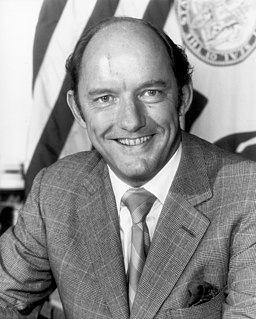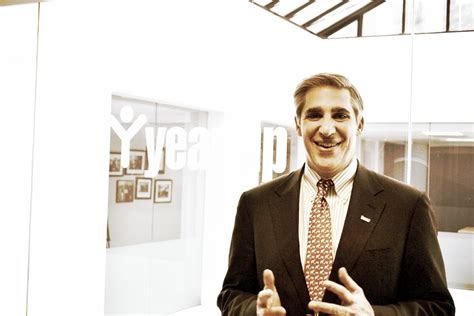A Quote by Malcolm Wallop
Yes, many immigrants cherish the value of choice and opportunity and the value of education more than 7th or 8th generation Americans.
Quote Topics
Related Quotes
The real difficulty is that people have no idea of what education truly is. We assess the value of education in the same manner as we assess the value of land or of shares in the stock-exchange market. We want to provide only such education as would enable the student to earn more. We hardly give any thought to the improvement of the character of the educated. The girls, we say, do not have to earn; so why should they be educated? As long as such ideas persist there is no hope of our ever knowing the true value of education.
A range of studies shows there is no evidence immigrants commit more crime than native-born Americans. In fact, first generation immigrants are predisposed to lower crime rates than native-born Americans. The two cities in this country most impacted by undocumented immigrants, you would think of the New York City with over 500,000 and Los Angeles, with a similar amount. Both those cities are among the safest in the free world.
If in the human economy, a squash in the field is worth more than a bushel of soil, that does not mean that food is more valuable than soil; it means simply that we do not know how to value the soil. In its complexity and its potential longevity, the soil exceeds our comprehension; we do not know how to place a just market value on it, and we will never learn how. Its value is inestimable; we must value it, beyond whatever price we put on it, by respecting it.
It's fairly obvious that American education is a cultural flop. Americans are not a well-educated people culturally, and their vocational education often has to be learned all over again after they leave school and college. On the other hand, they have open quick minds and if their education has little sharp positive value, it has not the stultifying effects of a more rigid training.
While there are many illegal immigrants in America who are good people, many, many, this doesn't change the fact that most illegal immigrants are lower skilled workers with less education, who compete directly against vulnerable American workers, and that these illegal workers draw much more out from the system than they can ever possibly pay back.
There is no such thing as education. The thing is merely a loose phrase for the passing on to others of whatever truth or virtue we happen to have ourselves. It is typical of our time that the more doubtful we are about the value of philosophy, the more certain we are about the value of education. That is to say, the more doubtful we are about whether we have any truth, the more certain we are (apparently) that we can teach it to our children.


































